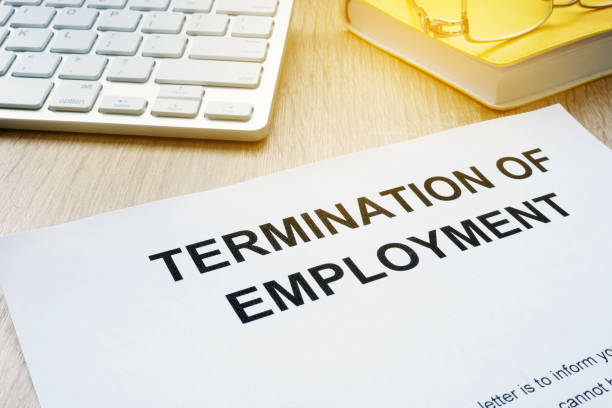
Can an employer terminate an employee who is on sick leave? This is a question many employers have been grappling with lately and frustratingly the answer is usually not straight forward. A recent case from the BC Human Rights Tribunal would seem to indicate that employers are able to terminate employees on sick leave without the risk of a successful discrimination complaint. However, despite the outcome of this specific case, employers should still consider the surrounding circumstances; weigh the risks; seek legal advice; and proceed with caution regarding such terminations.
The Complainant in Complainant v. Company and others, 2024 BCHRT 23, was a female carpenter who had been employed for 11 months before being terminated while she was on sick leave. The Complainant was hired in November 2018 and after eight months of employment, broke her foot in an accident unrelated to work and commenced sick leave. A short while after being on leave, the Complainant alleges that she emailed her employer requesting to do administrative work, but she did not receive a response. In October 2019, the Employer terminated the Complainant while she was still on leave. Upon the termination, the Complainant filed a human rights Complaint alleging the Employer failed to accommodate her by providing her with alternative work when she was unable to work due to her injury and was subsequently terminated. The Employer argued that the Complainant’s termination was not related to her disability, and the Complainant’s sex was not a factor in how the Employer treated her. The Tribunal agreed with the Employer and dismissed the Complaint.
In assessing the Complaint, the Tribunal clarified that for the Complainant to be successful, she must establish that she experienced an adverse impact in employment and that her sex or a physical disability was a factor in the adverse impact. If such facts were established, the onus shifts to the employer to establish a bona fide occupational requirement for any adverse impacts.
Regarding the allegation that the Complaint was discriminated against due to her physical disability, it was undisputed that the Complainant’s injury was a physical disability protected under the Human Rights Code, that the injury impacted the Complainant’s ability to perform her work and that the Complainant was on leave due to her injury when her employment was terminated. However, the Tribunal ultimately determined that the Employer could not have accommodated the Complainant with alternative work while she was injured without undue hardship and that the Complainant’s injury was not a factor in her termination from employment.
The Tribunal stated that the fact the Complainant was on leave due to her injury when she was terminated from employment did not necessarily mean that the injury was a factor in the Employer’s decision to terminate in contravention of the Code. The Tribunal clarified that an employer may provide “a reasonable non-discriminatory explanation for terminating an employee’s employment during a leave, leading to a conclusion that there was no inference of discrimination despite the timing of the termination.” In this case, there was contradictory evidence regarding what was said between the Complainant and the Employer in respect of the termination. The Complainant alleged the Employer told her that her employment was being terminated because she was not able to work, and the Employer needed to replace her. The Employer, however, testified that they explained in the termination meeting that work at the company was slowing down and because of that slowdown, they had to terminate the Complainant’s position.
This case, like many such termination cases, was significantly fact specific and relied on a variety of other considerations, including the credibility of the witnesses. Despite the outcome of this case, there will be rare circumstances where an employer will be able to terminate an employee on sick leave and be able to establish that the termination was unrelated to the employee’s medical condition. We continue to advise employers to be mindful of the risks of terminating an employee while they are on leave.
If you have questions regarding these situations or want to learn more about terminating employees while on leave, be sure to register for our upcoming BC Employer’s Spring Conference, “Risky Business: A Crash Course for BC Employers on Terminations, Damages & Prohibited Actions” on May 30, 2024.




